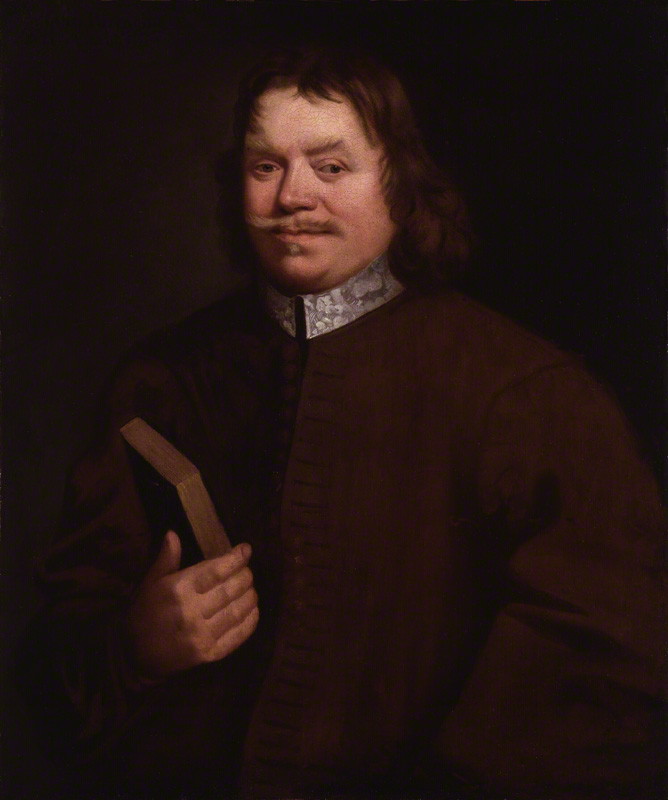John Bunyan frases e citações
John Bunyan: Frases em inglês
“The name of the slough was Despond.”
Part I, Ch. II : The Slough of Despond
The Pilgrim's Progress (1678), Part I
Grace Abounding to the Chief of Sinners (1666)
“They came to the Delectable Mountains.”
Part I, Ch. XVI : The Delectable Mountains
The Pilgrim's Progress (1678), Part I
Part II, Ch. XI : Mr. Valiant-For-Truth
The Pilgrim's Progress (1678), Part II
Part II, Ch. VIII : The Guests of Gaius
The Pilgrim's Progress (1678), Part II
Fonte: The Pilgrim's Progress (1678), Part I, Ch. IX : Apollyon<!-- (London, Edinburgh, Glasgow, New York and Toronto: Henry Frowde, 1904) -->
“It beareth the name of Vanity Fair, because the town where 't is kept is lighter than vanity.”
Part I, Ch XIII : Vanity Fair
The Pilgrim's Progress (1678), Part I
“See that your cause be good, else Christ will not undertake it.”
The Work of Jesus Christ as an Advocate
“Every fat must stand upon its own bottom.”
Part I, Ch. VI : The Cross and the Contrast; comparable to: "Every tub must stand upon its bottom", Charles Macklin, The Man of the World, act i. sc. 2
The Pilgrim's Progress (1678), Part I
Grace Abounding to the Chief of Sinners (1666)
Part II, Ch. XI : Mr. Valiant-For-Truth
The Pilgrim's Progress (1678), Part II
“When a man's cause is good, it will sufficiently plead for itself, yea, and for its master too.”
The Work of Jesus Christ as and Advocate
Part I, Ch. VII : The Palace Beautiful
The Pilgrim's Progress (1678), Part I
